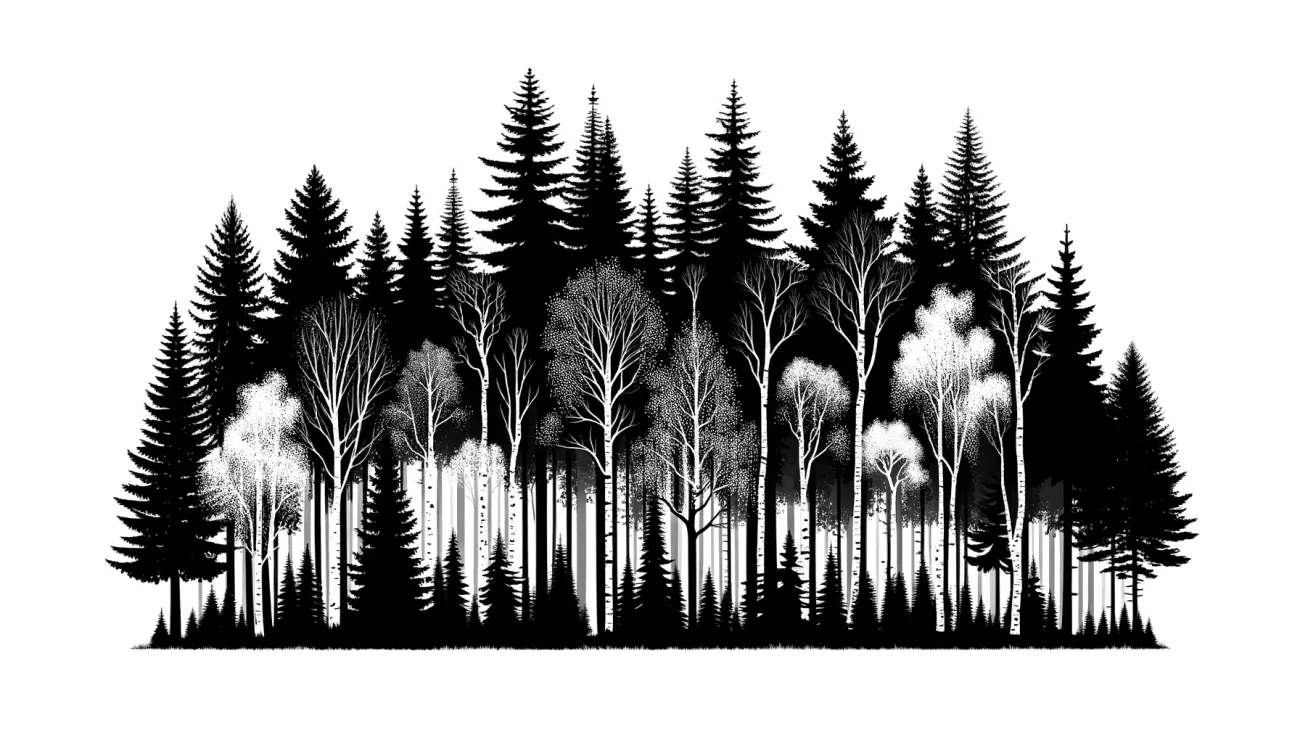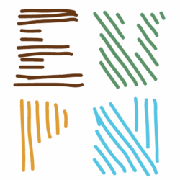Comprehensive Permaculture Design & Practical
New to permaculture or perhaps you have completed a Peramculture design course and are looking for the next step to improve your design and implementation skills?
Want to help make a real design and help get a new exciting community project off the ground?
Then this 7 day design and practical session is for you.
Rakesh Rootsman Rak will lead on making a real design while all the participants will help. So you will be fully engaged and invited to add your creativity and knowledge to the design.
This is an opportunity to see how Rakesh works while also sharing what you know or learning the many tools Rakesh has in his permaculture toolbox
We will look at advanced design tools and processes, as well as various techniques.
The course is set up so you can come and help for all seven days or attend individual days
Sat 13 Forest garden design
Sun 14 Permaculture design
Mon 15 Designing the Moraine
Tue 16 Site visit & design
Wed 17 Design & Implement (water management)
Thu 18 Design & Implement (landscaping)
Fri 19 Design & Implement
==== WHEN ====
The design session starts at 9am on Saturday 13th April and ends 4pm on Friday 19th.
==== WHAT TO EXPECT ====
**1. ** Hands-On Learning:
Active Participation: You won't be a passive listener. Expect to get your hands dirty, figuratively and possibly literally. You'll actively engage in the design process.
**2. ** Collaborative Environment:
Teamwork: You'll be working in a team, learning how to collaborate effectively to create a cohesive design.
Sharing Knowledge: Participants will have the opportunity to share their knowledge and ideas, fostering a collaborative and inclusive learning environment.
**3. ** Advanced Tools and Techniques:
Exploration: You'll delve into advanced permaculture design tools and techniques, exploring methods that go beyond the basics.
Practical Application: You'll learn how to practically apply the standard tools like input output analysis, zones and sectors, along with more advanced tools like random assembly, community asset maps, planning for real, etc in real-life design scenarios. You will also learn Rakesh's own design methodology RRiDeM which compliments and simplifies SADIM.
**4. ** Project Focus:
Community Project: We will make a design of a specific community project. You will see how permaculture principles can be applied practically to this real-world projects.
**5. ** Holistic Approach:
Systems Thinking: Permaculture is all about interconnected systems. You'll learn to think holistically, considering how every element in a system affects and depends on every other element, so we can place elements in the right places to benefit automatically from other elements, thereby creating low maintenance biodiverse rich solutions.
**6. ** Environmental Awareness:
Nature Observation: You will engage in exercises like observing natural patterns and understanding ecological principles, which are fundamental to permaculture design.
**7. ** Ethical Considerations:
Ethics and Principles: You'll revisit and deeply understand the core ethics and principles of permaculture, ensuring that your designs are environmentally sustainable, socially just, and economically viable.
**8. ** Creative Expression:
Creative Design: Permaculture design often involves creativity. You'll have the chance to express your creativity through various design exercises and techniques such as wild design.
**9. ** Practical Implementation:
Implementation Strategies: Expect discussions on how to turn design concepts into practical, actionable plans for implementation.
Opportunity to further engage: After the course you will be in a strong position to help the venue implement many of the elements we design.
**10. ** Networking and Community Building:
Networking: You'll have the opportunity to connect with like-minded individuals, building a network within the permaculture community.
Inspiration: Hearing about others' experiences and projects can be inspiring and provide valuable insights into your own endeavors.
**11. ** Reflection and Feedback:
Feedback Sessions: There might be sessions where designs are presented and constructive feedback is given, fostering a culture of learning from both successes and failures.
Self-Reflection: You'll likely have time for personal reflection, allowing you to consider how your newfound knowledge can be applied in your own projects or community.
**12. ** Empowerment and Inspiration:
Empowerment: You'll leave feeling empowered with practical skills and knowledge to create positive changes in your community.
Inspiration: These sessions often leave participants inspired and motivated to continue their permaculture journey.
Remember, every permaculture design session is unique, and the exact activities and focus can vary. However, the core elements of active learning, collaboration, practical application, and community building are usually consistent across these sessions. Enjoy your permaculture design experience!
**13. ** Fun:
Above all expect to have fun while designing. Rakesh has a lot of experience in making designs and engaging people to unlock their creativity, and its done with lots of fun and laughter. Maybe even a reggae party at the end (he is a reggae DJ).
==== WHERE ====
The Maorine
Rijksstraatweg 156A
6573DG
Beek-Ubergen
==== COST ====
We want this course to be accessible to all and are therefore working in a conscious contribution system, inviting you to pay what you can afford towards meeting the needs of the facilitator(s). We therefore invite those who can pay more to help those who cannot afford as much.
Please contact us if you have any questions about this.
Suggested contributions for all 7 days is between €150 and €420 (ideal contribution €290)
Or for single the single days between €30 to €90, ideal €60
If you cannot afford this then PLEASE get in touch and we will work something out that is mutually beneficial.
==== FOOD ====
Please bring vegan food (lunch, snacks and drinks) to share. If we all bring something, it will be a feast. Once at the site we will then use a tried and tested collaborative method to work out a strategy for how we will pay for and cook our food.
==== ACCOMMODATION ====
Accommodation will be at the nearby intentional community
Community Homusche Muhl, Kleve, Germany
There are several options
For all 7 days the cost is
Camper van: €75
Tent: €50
Private room: €250
Shared room 2 people: €200
Dormitory room: €100
One night starts from €9 per night, until €42 per night, depending on the facilities you ask for.
==== REGISTRATION ====
To register for this course, please fill in the following form. If you have any difficulty or have any questions please feel free to contact Rakesh

Pelmolen Beek
Rijksstraatweg 156A
6573DG Beek
Netherlands
